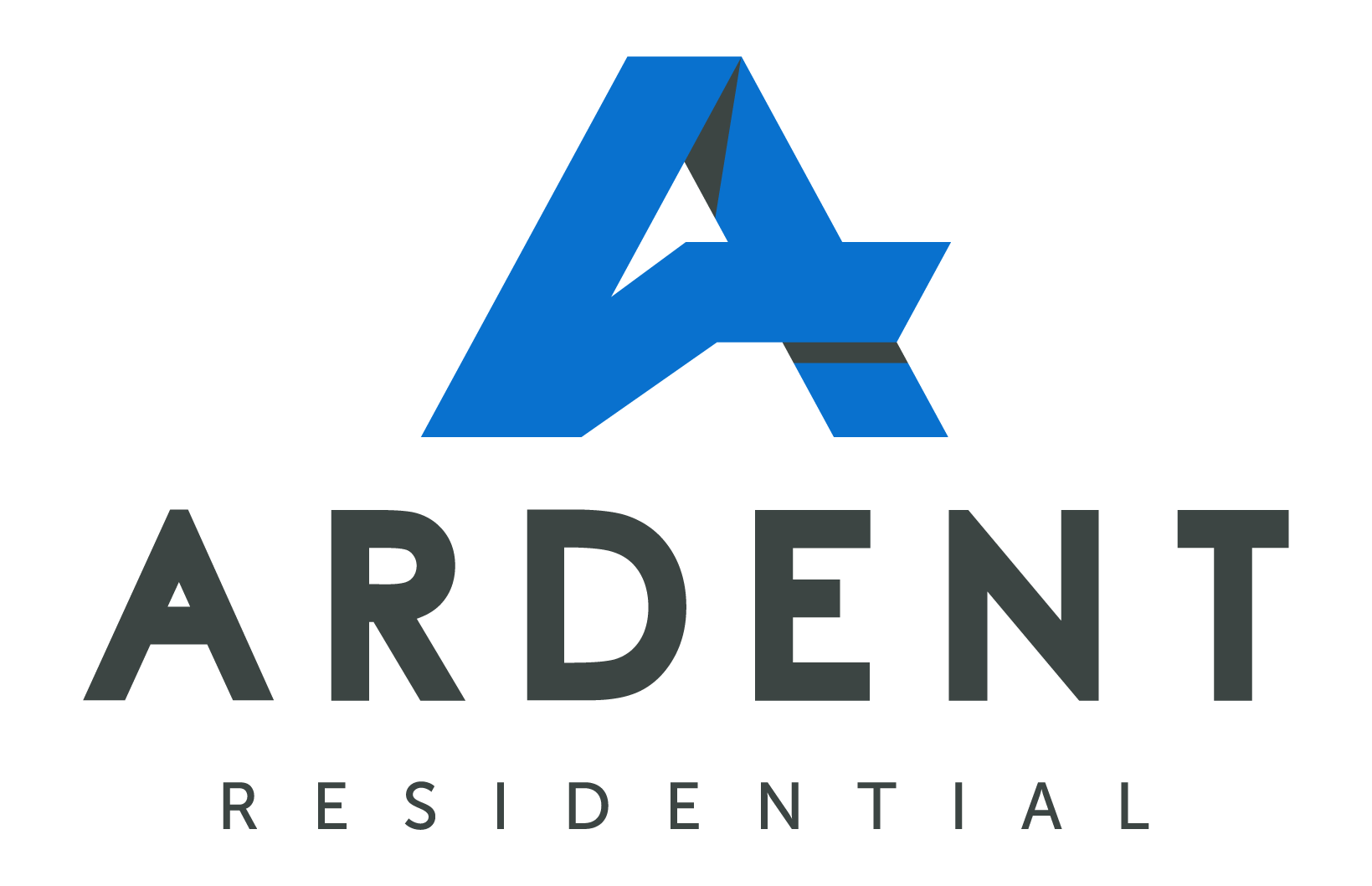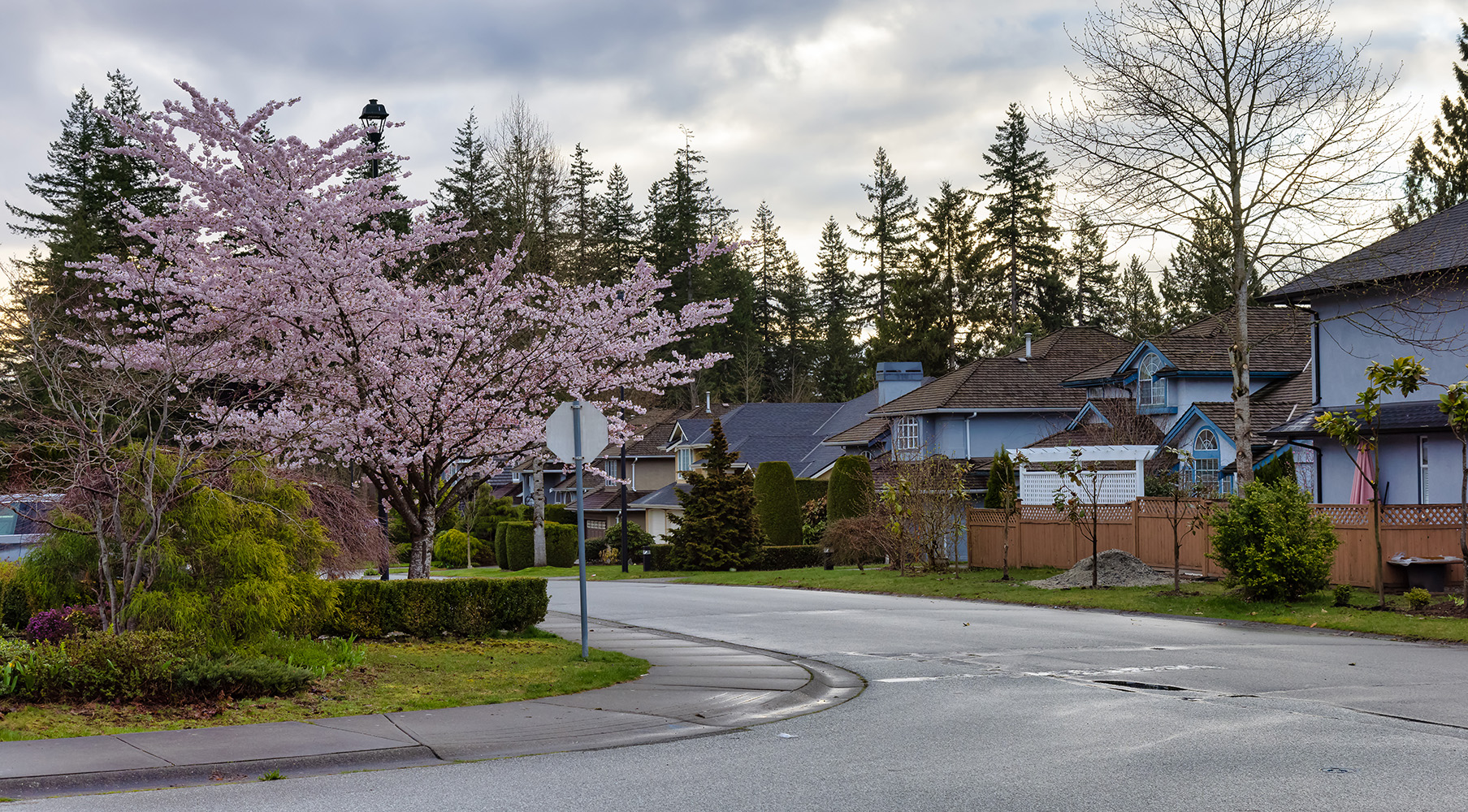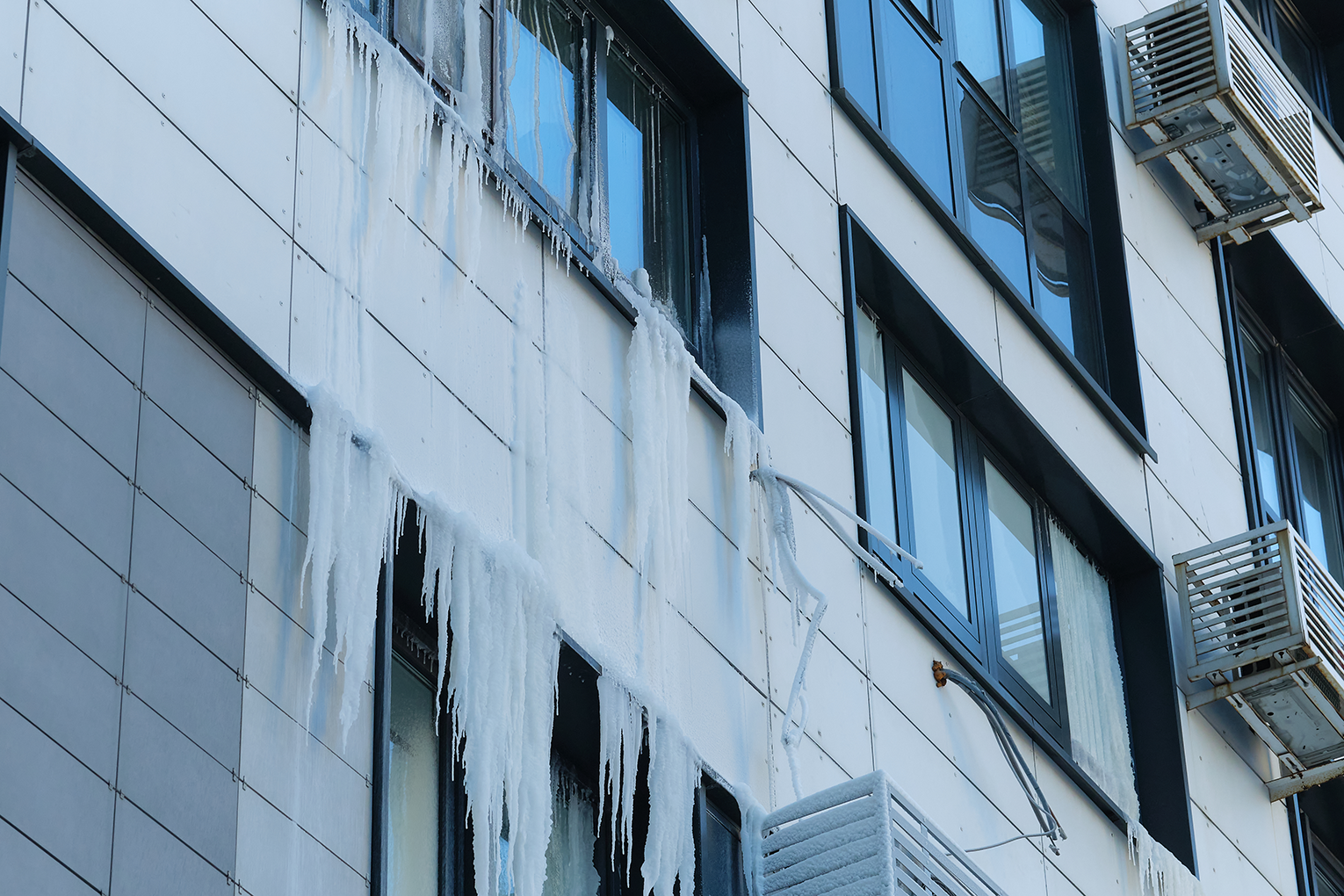 Whether you are a board member or just a homeowner, HOA dues can be a confusing topic. Obviously, money is needed to run the organization. But how much should be collected and what is it used for? Is it a fair amount? Why do the fees keep changing?
Whether you are a board member or just a homeowner, HOA dues can be a confusing topic. Obviously, money is needed to run the organization. But how much should be collected and what is it used for? Is it a fair amount? Why do the fees keep changing?
Here’s a look at the common factors that go into determining fees for HOAs.
#1 Operating Expenses
Most of the dues are determined by looking at the overhead for the community. These include items like:
- Utilities such as lighting and water for shared facilities
- Maintenance of common areas
- Insurance as required by law
- Vendors (supplies, security, etc.)
- Professional services (bookkeeping, attorney fees, etc.)
#2 Reserve Fund
This is the money the HOA needs to have on hand for “rainy day” emergencies or for planned renovations. It’s important to be able to respond quickly to unexpected expenses. For example, paying for the property’s perimeter or structures to be immediately secured and repaired after a fire or hurricane. Reserves may also be earmarked for capital projects to repair or renovate items such as the pool, gym, or other common area structures. However, the reserves are not intended to be used to add new features to the property.
#3 Special Assessments
These assessments are used for expenses above and beyond the planned budget for the year. Sometimes, communities and boards come together and decide on a new addition or upgrade to the property that everyone will enjoy. But often, special assessments come as a surprise to homeowners and generate a lot of controversy. No one likes to receive a surprise bill from their HOA. So, planning a realistic budget is the best approach—even if it means the annual fees are a bit higher.
Who Pays for What?
Everyone benefits from living in a well-maintained community. This means everyone typically contributes equally to the expenses (although this depends on the rules laid out in the governing documents). For example, board members and the HOA president would pay the same amount as all the other community members. Some communities have exclusive perks such as a country club and may assess separate fees for membership or include those with the HOA fees.
Keeping HOA Dues to a Minimum
The budget may be based on historic trends or created from scratch based on known expenses (or a combination of both). While it’s important to account for all projected expenses and add a “buffer” amount for reserves, community members shouldn’t have to pay excessive HOA fees. It makes sense to find sustainable, intelligent ways to minimize ongoing and unexpected expenses. Your HOA might do this in many ways including:
- Renegotiating vendor contracts.
- Reviewing insurance needs and coverage.
- Updating facilities with energy efficient lighting and appliances.
- Choosing “xeriscaping” that reduces irrigation needs for landscaped areas.
- Keeping up with maintenance and fixing items before small problems become big ones.
For more ideas on how to manage your HOA budget and communicate with members about how their money is being spent, get in touch with our experts at Ardent today.





